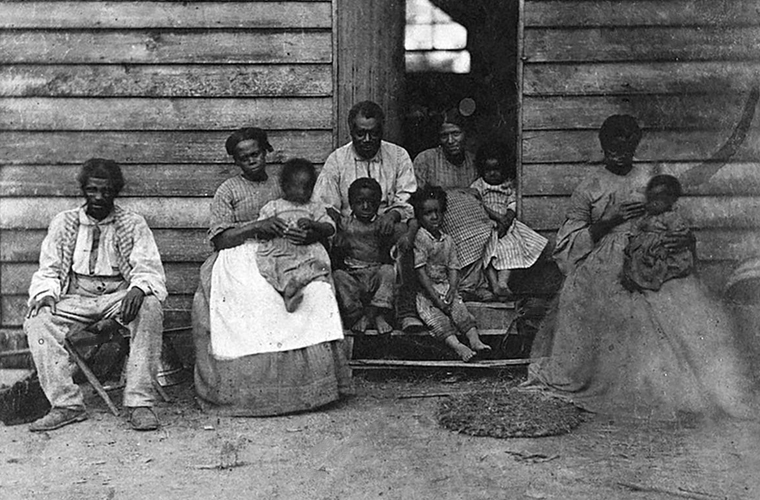The 13th Amendment to the United States Constitution, passed by Congress on January 31, 1865, and ratified on December 6, 1865, abolished slavery in the United States. It is one of the most significant and far-reaching amendments to the Constitution, marking a pivotal moment in the nation’s history.
The 13th Amendment consists of just 43 words, but its impact has been profound. It states: “Neither slavery nor involuntary servitude, except as a punishment for crime whereof the party shall have been duly convicted, shall exist within the United States, or any place subject to their jurisdiction.”
The amendment was a direct response to the institution of slavery that had been deeply entrenched in American society for centuries. It was a critical step in the ongoing struggle for civil rights and equality, and it laid the groundwork for subsequent amendments and legislation aimed at addressing the legacy of slavery and ensuring equal protection under the law for all citizens. The 13th Amendment not only abolished slavery but also sought to address the broader implications of involuntary servitude. By prohibiting both slavery and involuntary servitude, except as punishment for a crime, the amendment aimed to ensure that all individuals were free from forced labor or exploitation.

The amendment’s language regarding punishment for crime has been the subject of much debate and scrutiny. While it was intended to carve out an exception for individuals who had been duly convicted of a crime, some have argued that this provision has been exploited to perpetuate forms of coerced labor, particularly within the criminal justice system. This issue continues to be a point of contention and has sparked discussions about modern-day forms of forced labor and human trafficking.
In addition to its immediate impact on the institution of slavery, the 13th Amendment set the stage for further advancements in civil rights. It laid the foundation for the 14th Amendment, which granted citizenship and equal protection under the law to all persons born or naturalized in the United States, and the 15th Amendment, which prohibited the denial of voting rights based on race, color, or previous condition of servitude.
The legacy of the 13th Amendment extends beyond its legal and legislative significance. It represents a pivotal moment in American history, symbolizing the nation’s commitment to confronting its past and striving toward a more just and equitable society. The amendment’s passage marked a turning point in the fight for freedom and equality, and its principles continue to resonate in contemporary discussions about social justice and human rights. While the 13th Amendment was a landmark achievement, it did not fully address the deep-rooted social and economic inequalities that persisted after the abolition of slavery. The effects of slavery and its aftermath continue to shape American society, and efforts to address systemic racism and inequality remain ongoing.
In conclusion, the 13th Amendment stands as a testament to the enduring struggle for freedom and equality in the United States. Its passage represented a watershed moment in American history, signaling a decisive break from the legacy of slavery and laying the groundwork for future progress in civil rights. As we reflect on the significance of this pivotal amendment, we are reminded of the ongoing work required to uphold its principles and ensure that all individuals are afforded dignity, liberty, and justice.

